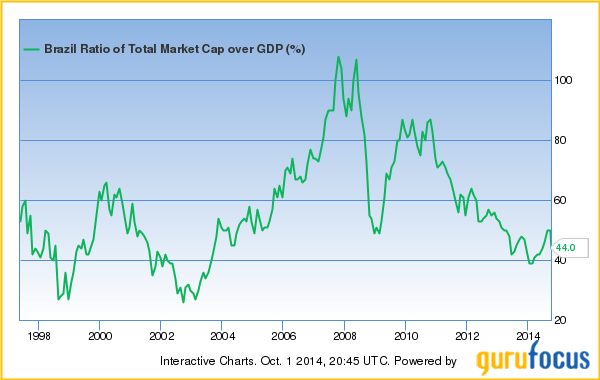Do You Have Warren Buffett’s Stomach for Volatility
Post on: 24 Май, 2015 No Comment

It is rare that I dont agree with advice from Warren Buffett, but earlier this year we took different sides of a debate. His recommendation for a simple, flawless investment strategy was putting 90% of your assets in an equity fund designed to mirror the performance of the S&P 500 and 10% in cash.
This sounds great if you have nerves of steel and can make it work. But most people cant stomach it. Buffett is an amazing investor who understands his emotions and has a great ability to see the value of companies and what he owns. But were not all Warren Buffett. That is one of the reasons there are financial advisors in the world who help people understand appropriate volatility in their portfolio and what to do when that volatility spikes.
Your Own Risk Tolerance
One common question I got during the downturn five years ago was when do we stop the bleeding? One client said to me, I had $1,200,000. Now I have about $1,000,000 due to the financial crisis and the market falling. When do I do something? To determine a time to sell really takes two correct decisions. When to sell and when to buy back in. It is almost impossible to be right twice consistently.
These difficult questions were most prevalent during the final weeks of the financial crisis in January to March of 2009. And there was a lot more bad news to come. GMs pending bankruptcy was front stage in the spring of 2009. If someone was to try and time the exit and reentry during this period, it could have been devastating. Actually, the S&P soared over 30% from March to June in 2009 in the face of such horrible news and if someone sold out, it would be almost impossible to buy back in without paying more. And those are the people on the sidelines that missed one of the greatest markets in history.
Nerves of Steel or Appropriate Allocation?
No one knows when a market downturn will occur or for how long it will go. More importantly to reap the benefits of long-term equity returns we need to be in to win. Even more important, we need to have the right amount allocated so that we can withstand any type of downdraft and wait it out.
So, while Buffett and his steely nerves might be able to stay invested through thick and thin with 90% of his wealth in the stock market, most people need less volatility to stay the course. Buffet realized the value of companies when they were extremely cheap in 2009, while most investors could only see the losses from the past. Through those challenging times when people kept asking if it was time to do something, many investors benefited from staying the course through the last market cycle and went on to reap the benefits of this bull market. I believe some nerves were enforced with regular meetings, appropriate plan design and investment portfolio allocation.
Matthew E. Chope, CFP is a Partner and Financial Planner at Center for Financial Planning, Inc. Matt has been quoted in various investment professional newspapers and magazines. He is active in the community and his profession and helps local corporations and nonprofits in the areas of strategic planning and money and business management decisions. In 2012 and 2013, Matt was named to the Five Star Wealth Managers list in Detroit Hour magazine.
Five Star Award is based on advisor being credentialed as an investment advisory representative (IAR), a FINRA registered representative, a CPA or a licensed attorney, including education and professional designations, actively employed in the industry for five years, favorable regulatory and complaint history review, fulfillment of firm review based on internal firm standards, accepting new clients, one- and five-year client retention rates, non-institutional discretionary and/or non-discretionary client assets administered, number of client households served.
This material is being provided for information purposes only and is not a complete description, nor is it a recommendation. Any opinions are those of Center for Financial Planning, Inc. and not necessarily those of Raymond James. The information has been obtained from sources considered to be reliable, but Raymond James does not guarantee that the foregoing material is accurate or complete. Holding stocks for the long-term does not ensure a profitable outcome. Investing always involves risk and investors may incur a profit or loss regardless of strategy selected. Inclusion of any index is for illustrative purposes only. Individuals cannot invest directly in any index, and index performance does not include transaction costs or other fees, which will affect actual investment performance. Individual investors results will vary. Past performance does not guarantee future results. C14-036847














